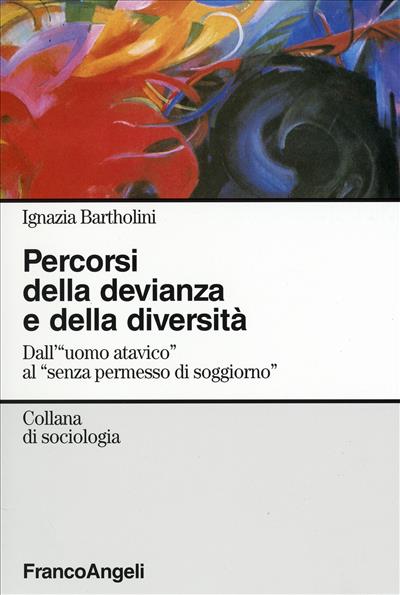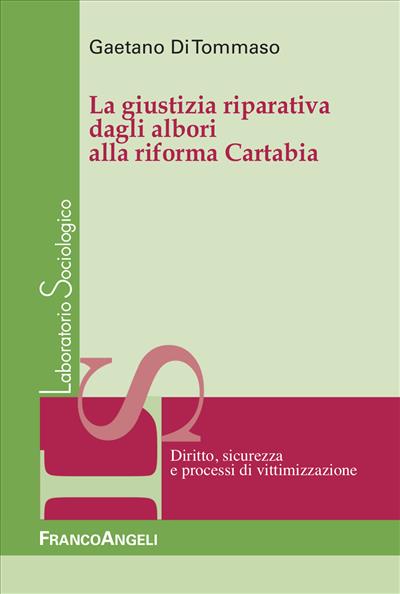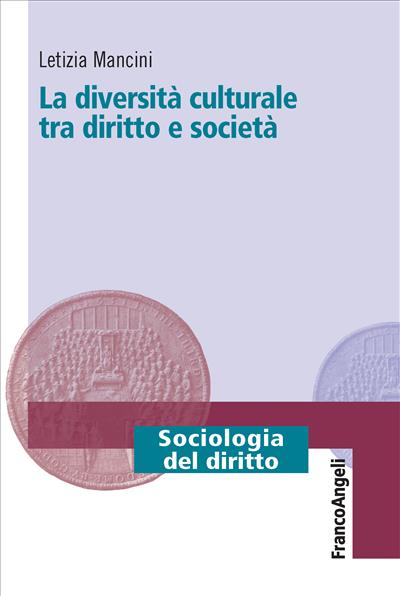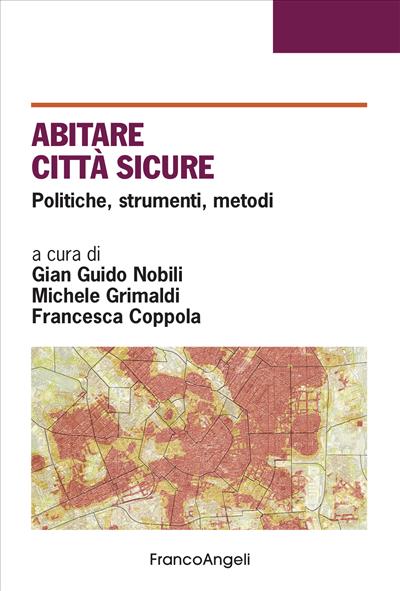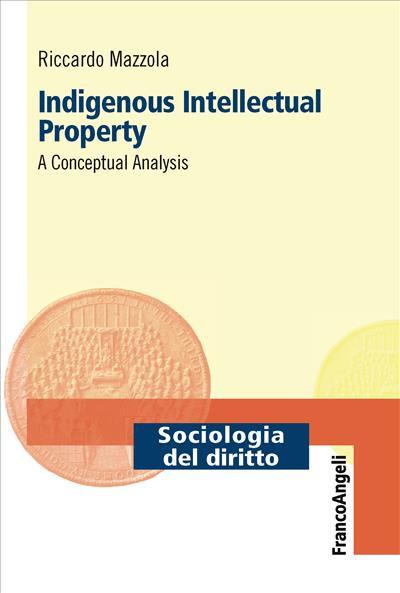
Indigenous Intellectual Property.
A Conceptual Analysis
The volume shares the (today) common idea that a conceptualization of Indigenous knowledge and culture as “intellectual property” is essentially an inaccurate one. With specific reference to Yolngu people of North-East Arnhem Land (Australia), this study aims precisely to explain why Western “property-ownership” constructs and categories do not fit Indigenous cultural objects and performances.
PDF con DRM
15,99
PDF con DRM
15,99
Pagine: 160
ISBN: 9788891777485
Edizione:1a edizione 2018
Codice editore: 1525.57
Possibilità di stampa: No
Possibilità di copia: No
Possibilità di annotazione: Sì
Formato: PDF con DRM per Digital Editions
EPUB con DRM
15,99
EPUB con DRM
15,99
Pagine: 160
ISBN: 9788891783882
Edizione:1a edizione 2018
Codice editore: 1525.57
Possibilità di stampa: No
Possibilità di copia: No
Possibilità di annotazione: Sì
Formato: ePub con DRM per Digital Editions
